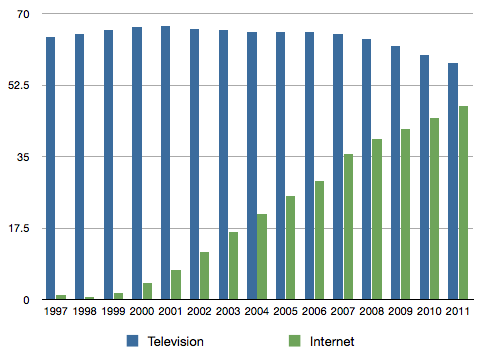Sometimes you have one of those moments where you realize just how incredible the world is that we live in today. For example, The Bourne Supremacy was on television the other day, and I caught the scene where Jason Bourne was breaking in to the home of a former agent of the same clandestine program to question and then murder him… or not… or something. It’s a Bourne movie, what else would he be doing?
Anyway, the guy’s condo was awesome. I really like [modern minimalist architecture][method], and this guy’s condo fit the bill. I had to know more. I managed to remember that his name was Jarda and Bourne was in Munich, so I fired up the Googles and went at it:
Google search for “[bourne supremacy film locations](https://www.google.com/search?q=bourne+zurich+locations)”.
Click the very first result (ZOMG that was easy).
Hrm, not recognizing anything on [page 1](http://www.movie-locations.com/movies/b/bourne_sup_2.html)…
[Page 2](http://www.movie-locations.com/movies/b/bourne_sup_2.html)… [BINGO](http://www.movie-locations.com/movies/b/bourne_sup_munichhouse.jpg)!
And some clues…
> By now it should come as no surprise that the ‘Munich’ house of Jarda, the other remaining Treadstone operative, is also Berlin, on Kaiserstrasse, in the Wannsee district.
Google “[Kaiserstrasse Wannsee](https://www.google.com/search?client=safari&rls=en&q=Kaiserstrasse+Wannsee)” because, why the hell not?
Ok, so that’s a map, and there’s satellite imagery. Cool, but how can I get a better view? I think Bing has aerial photography from little planes or something. Let’s try that.
And [there are the condos](http://binged.it/ZbCjXJ).
Like, whoa.
[method]:http://methodhomes.net

